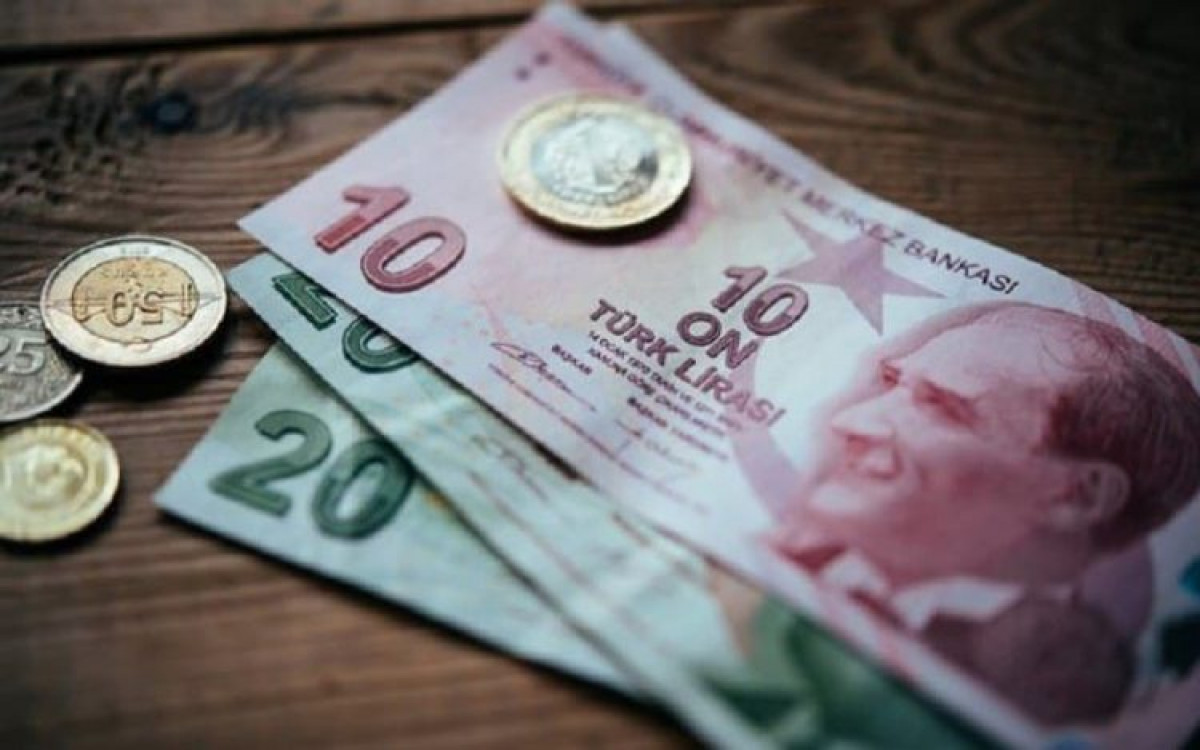 122
122
The Turkish economy has gone through two different phases since the turn of the millennium. The Turkish economy was generally steady over the first 15 years due to Kamal Darvish’s structural changes in 2001, with state interventionism limited. This tendency, however, has reversed over the past five to six years, and Turkey’s stagnant economy is now on the verge of collapse owing to Erdogan’s growing economic interventionism. Deteriorating Inflation, low economic growth, currency and trade balances, growing government debt, no foreign investment, and the budget deficit are all indicators of a troubled Turkish economy. According to the New York Times, a Turkish government poll found that 63 per cent of respondents, including the vast majority of Erdogan’s supporters, believe the country is on the brink of a terrible recession. Unlike in the early twenty-first century, statistical analysis suggests that Turkey’s GDP will grow at a rate of no more than 6%. Since 2017, inflation has been in the double digits, averaging about 19% in 2021, and projections indicate that it may reach 20%. Turkey’s inflation rate has increased rapidly in recent years. The economy’s future is in doubt due to sluggish growth, negative interest rates, and increasing costs. Additionally, the value of the US Dollar compared to the Turkish lira has tripled in the past five years, underscoring the country’s economic fragility. Although Turkey’s exports have grown by more than 50% over the past five years, Erdogan’s forceful interest rate interventionism has harmed Turkey’s macroeconomic components, most particularly the currency rate. All of this, along with increasing budget deficits and government debt, suggests that Turkey’s economy is losing its early-twentieth-century lustre. Additionally, Turkish GDP has been decreasing since 2013 and is projected to reach $720 billion in 2020. Turkish economic growth has averaged 5.4 per cent over the past five years. While this rate seems to be acceptable for economic growth in a developing country, a fall in GDP growth would certainly jeopardise the country’s upward economic trend. Surprisingly, Turkey still has a potential growth rate of over 6%, with the slowdown mostly due to the Turkish government’s disastrous economic policies. According to some forecasts, Turkey’s economic development would significantly shrink in the following years. Consequently, many analysts are gloomy about Turkey’s future economic prospects and advocate for comprehensive reforms to prevent the nation from collapsing into a dark abyss. To further exacerbate the situation, according to a Turkish central bank report, the Turkish lira has dropped once more as a result of the central bank’s unexpected interest rate cut. Turkey’s Central Bank has decided to lower interest rates by 1 per cent to 18 per cent, putting them back to August levels. Traders are concerned that following the creation of a new managerial team in the Central Bank, Recep Tayyip Erdogan would become more involved in the Turkish Central Bank’s activities. The Turkish lira, which had already fallen to its lowest level in years, plummeted even more last week, hitting its lowest level in modern history against the US dollar before stabilising at 9.32. On the other hand, with the number of European tourists visiting Turkey declining precipitously in recent years, Turkey is actively courting Russian visitors. Following Putin’s meeting with Erdogan in Sochi, German television station Deutsche Welle reported that Ankara has lost the EU’s tourist industry, citing harm to tourism prospects caused by Mediterranean and Aegean forest fires. Putin is reportedly eager to bolster Russia’s assistance for Turkey’s tourist industry. Putin and Erdogan announced in a joint statement that Russian-led tourism in Turkey would increase from 29% to 36% in 2021. According to Gazeta, Turkey experienced a terrible tourist season because of its growing ties with Russia during the COVID-19 epidemic.
Despite the lira’s rapid fall against the euro, European tourists expressed little interest in visiting Turkey. As Turkey’s tourism strategy turns toward Ukraine and Russia, travellers from Central Asia, mainly from Russia-aligned countries, are replacing European visitors. In 2020, the number of tourists visiting Turkey reduced to 12.7 million from 45 million in 2019. 906,000 Russians, 611,000 Germans, and 324,000 Ukrainians visited Turkey in 2020, with the rest coming from Iran and Bulgaria.
Comment
Post a comment for this article